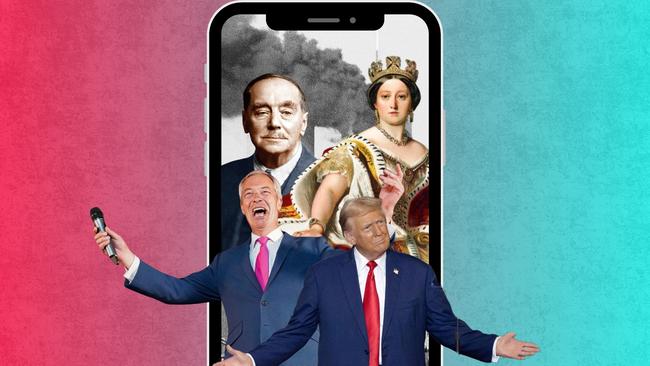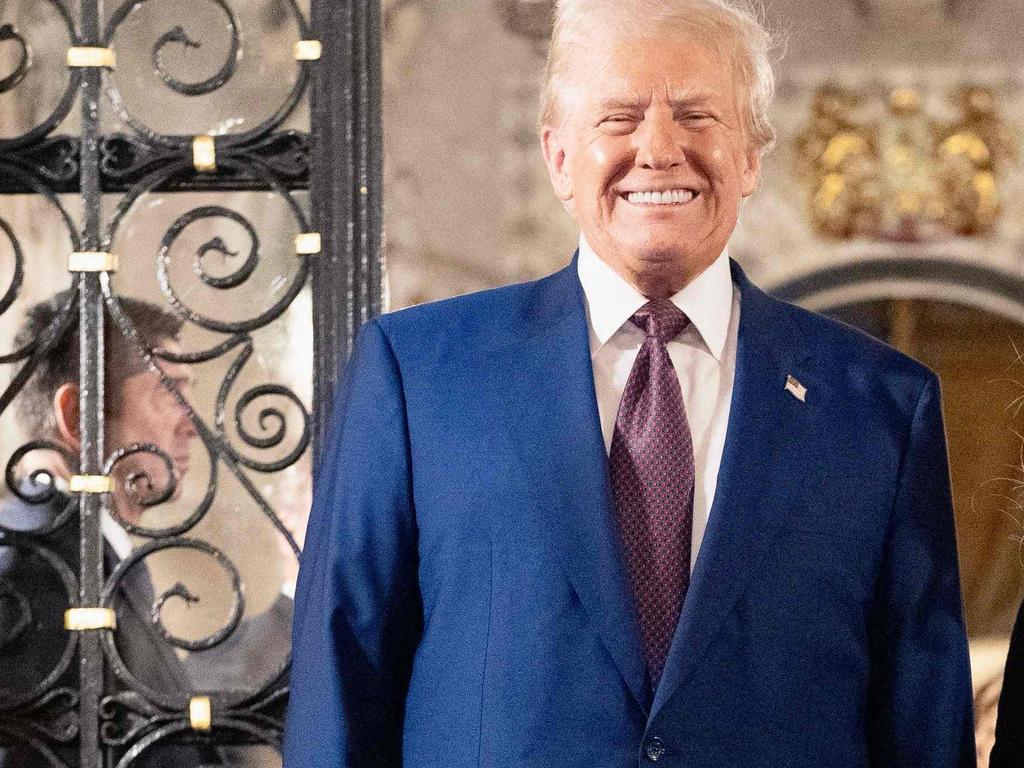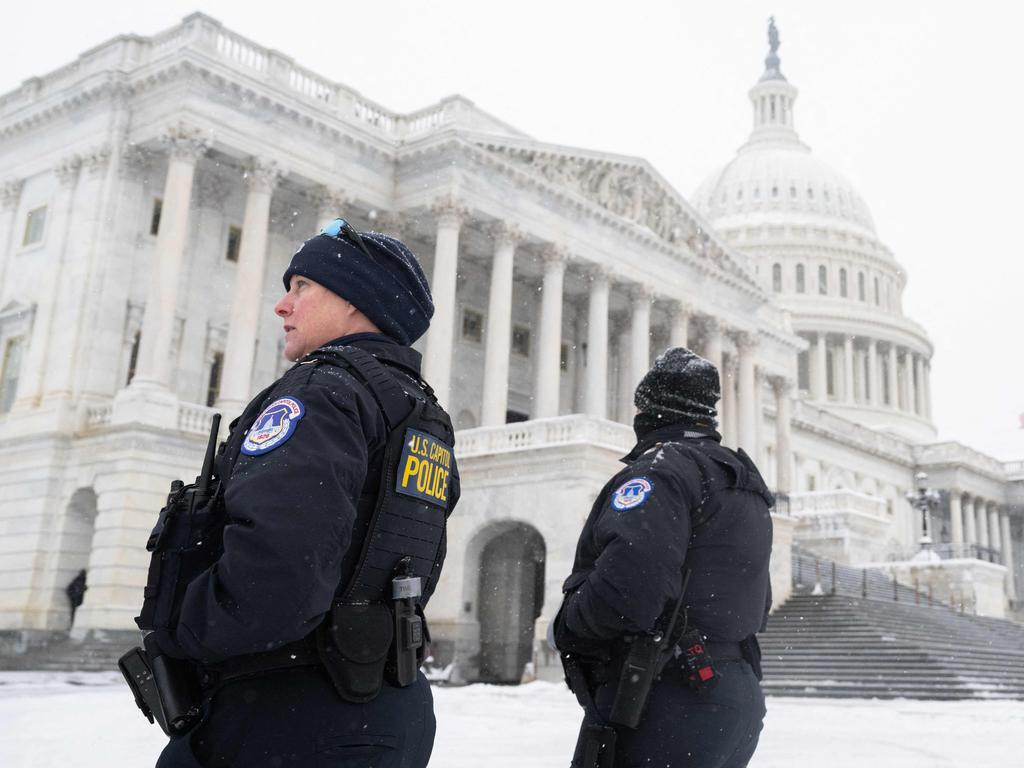It’s the end of the long 20th century as liberalism exits

This image doubtless owes some of its popularity to its triteness. The juxtaposition of childhood and the twin towers as symbols of lost innocence is hardly a subtle one. But I think the popular feeling that we are living through the passing of an age – ubiquitous online, often floated to me by friends – is justified.
Historians sometimes refer to “the long 18th century” – the period between the Glorious Revolution of 1688 and, according to taste, either 1815 or 1837 that was marked by broad continuities of politics and culture. Waterloo or the coronation of Queen Victoria marked the arrival of a different world. There is a case that, for historians of the future, the years we are living through will mark the end of “the long 20th century”.
Much mentioned among my friends is the feeling that the re-election of Donald Trump last year confirms that his ascendancy marked not an aberration but the arrival of a new order. The technocratic, good-mannered, optimistic and consensual politics we grew up with, and which has prevailed in the West since WWII, is not a normality to which we will inevitably return, but a part of history.
In Britain, if Nigel Farage becomes leader of the opposition or even the prime minister at the next election, that will be another sign of a historic break. The arrival of a new major party in British politics is so far a roughly once-in-a-century event and always a symptom of an epochal social shift – Labour’s emergence as the official opposition in 1918 marked the final death of Victorian politics and the arrival of the organised industrial working class as a political force.
I am not the first to observe that change is in the air across the West as the far right rises and liberal democracy crumbles. As writer Aris Roussinos points out, liberalism is “the last of the great 20th-century ideologies”. Having emerged triumphant from its titanic struggles with fascism and communism, it is now its turn to exit history stage left, swept from the scene by populists, demagogues and strongmen.
Likewise, it hardly falls to me to point out that geopolitics is awash with epochal events: the decline of European power, the end of American hegemony, migration crises, the retreat of globalisation, war in Ukraine and Gaza.
But dramas on the international stage do not make an era. Culture, manners and technology matter too. Candidates for signs of epochal social change include the sexual revolution (or asexual revolution) of the 2020s. The decline in young people having sex is often seen as a rejection of the sexual liberation of the 1960s but it arguably marks the end of a much longer trend towards sexual liberalism that can be traced back at least as far as the bohemian upper middle classes of the 1920s.
More bleak is the fact that life expectancy has recently begun to fall, having risen for most of the 20th century.
Advances in AI mean that in the past couple of years we became the first people in history to read text and view artworks not made by other human beings.
The end of the century-long dominion of the internal combustion engine – which in Britain is scheduled for 2035 – may distinguish the old world from the new, the way hansom cabs and broughams became emblems of Victorian London.
We are living through one of the great shifts in cultural history. To future historians the most distinctive cultural feature of the 20th century will not be cinema or jazz but the mass literacy that flourished after late-Victorian education reforms abolished what HG Wells referred to as the social “gulf” that once separated readers from the “non-reading mass”.
The long 20th century was the greatest age of reading the world has known: newspapers, magazines, self-help books, popular classics, airport bestsellers.
Literacy is now declining for the first time on record. A recent OECD report finds adult reading proficiency is falling around the world. The crucial moment may not have been the arrival of the smartphone but the more recent dominance of short video.
The first iPhone customers often used their 21st-century technology in a 20th-century manner – to read articles and news stories. But the advent of apps such as TikTok has created a new video-based culture that is truly indigenous to digital technology. As a consequence, Gen Z may be the first generation since the middle of the 18th century not to produce a best-selling literary novelist.
Inevitably, historical epochs are arbitrary and subjective. Cultural and political events do not emerge in neat patterns like flower beds in a formal garden. It is only human to mourn a vanishing past. Nevertheless, I think the eerie sense many have that we are watching the page of history turning is correct, even if it is not exactly scientifically provable.
Everyone born before the end of the 20th century is the product of a cultural and political order that is fading. We may one day seem like those Victorians who were recognisable in the mid-20th century by their out-of-time oddness. The world we were born into no longer exists.
The Times





The caption reads “The world you were born into no longer exists”. The grainy photograph it accompanies shows a small blonde girl standing alone in an empty park. In the background, against a faded blue sky, are the two silver towers of the World Trade Centre.